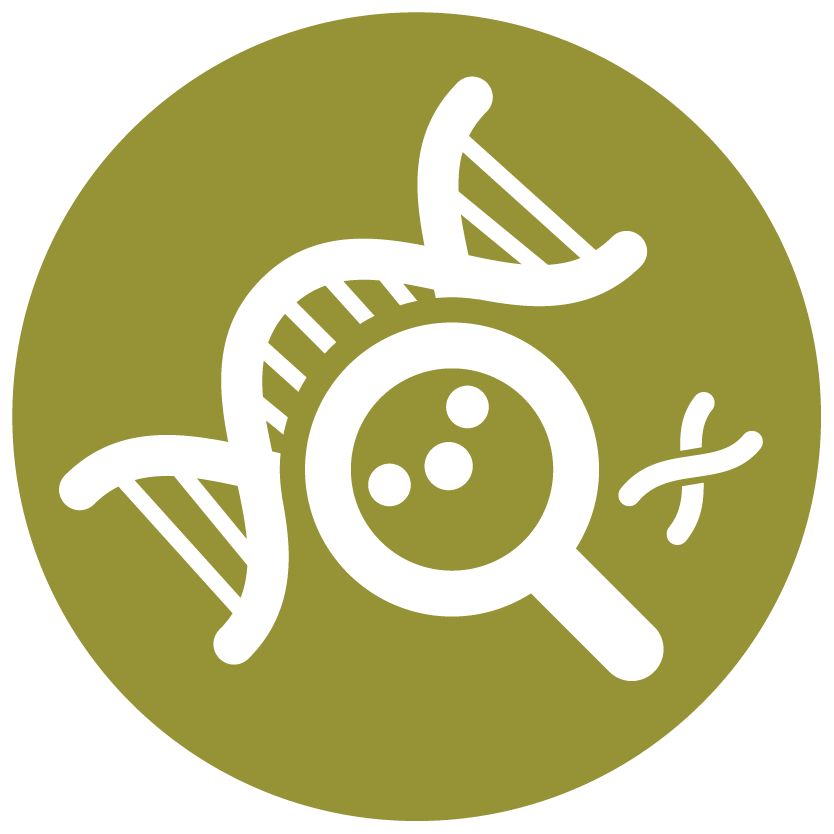Discovery and Basic Research
Symposium: Out-of-the-Box Approaches for Innovation
Advanced Dendritic Cell Therapy: Evolution Toward a Cell-Free Approach
Monday, November 10, 2025
9:00 AM - 9:30 AM CT
Location: 303 AB
.jpg)
Chih-Jia Chao, PharmD (she/her/hers)
PhD candidate
University of Illinois Chicago
Chicago, Illinois
Speaker(s)
Eliciting a robust immune response against tumors is often impeded by the limited presence and impaired function of effective antigen-presenting cells within the immunosuppressive tumor microenvironment. Dendritic cell (DC) vaccines have emerged as a promising strategy to enhance antigen presentation and reprogram immune responses due to their ability to target a wide array of tumor antigens. However, current ex vivo-engineered dendritic cell-based therapies face challenges including functional impairment during the manufacturing process and reduced activity in immunosuppressive environment. Additionally, a mismatch between antigens displayed by ex vivo DC therapies and the heterogenous antigen of individual tumor further compromises the effectiveness of DC-based therapy.
To address these challenges, we developed a cascade antigen relay strategy, named Antigen Capturing nanoparticle Transformed Dendritic Cell therapy (ACT-DC), which integrates antigen capturing nanoparticles (AC-NPs) and migratory type 1 conventional dendritic cells (cDC1s) to achieve in situ immunization by leveraging endogenous tumor antigens and enhance antigen coverage. AC-NPs are engineered to capture antigens directly from the tumor and deliver them to adoptively transferred migratory CD103⁺ cDC1s, which subsequently migrate to lymph nodes enhancing antigen presentation and initiating robust antitumor immune responses. This approach not only improves in situ antigen capture and delivery to lymph nodes but also transforms the tumor microenvironment into a more immunogenic state. Our studies demonstrate that ACT-DC elicits strong systemic immune responses without the need for ex vivo antigen loading. In multiple tumor models including colon cancer, melanoma, and glioma, ACT-DC in combination with immune checkpoint inhibitors achieved 50–100% tumor-free survival. Moreover, this strategy generated a durable immune memory, leading to the rejection of distant tumors even following two tumor rechallenges.
Building on the promise of the first-generation ACT-DC, we are now advancing a next-generation, cell-free platform that utilizes mRNA delivery to express hematopoietic factors in situ, enabling the induction and recruitment of functional cDC1s within the tumor. Concurrently, modified AC-NPs are designed to target these recruited cDC1s more effectively, further enhancing antigen presentation. This next generation platform offers a potent and efficient strategy for cell-free in situ cancer immunization and holds the potential for broader clinical translation.
In this presentation, we will cover the design and mechanism of the ACT-DC platform, highlighting a novel therapeutic capable of eliciting potent anti-tumor immunity, while also demonstrating the transition from a cell-based therapy to a cell-free approach. This innovative strategy addresses key therapeutic bottlenecks and could significantly advances the clinical applicability of dendritic cell-based cancer immunotherapies.
To address these challenges, we developed a cascade antigen relay strategy, named Antigen Capturing nanoparticle Transformed Dendritic Cell therapy (ACT-DC), which integrates antigen capturing nanoparticles (AC-NPs) and migratory type 1 conventional dendritic cells (cDC1s) to achieve in situ immunization by leveraging endogenous tumor antigens and enhance antigen coverage. AC-NPs are engineered to capture antigens directly from the tumor and deliver them to adoptively transferred migratory CD103⁺ cDC1s, which subsequently migrate to lymph nodes enhancing antigen presentation and initiating robust antitumor immune responses. This approach not only improves in situ antigen capture and delivery to lymph nodes but also transforms the tumor microenvironment into a more immunogenic state. Our studies demonstrate that ACT-DC elicits strong systemic immune responses without the need for ex vivo antigen loading. In multiple tumor models including colon cancer, melanoma, and glioma, ACT-DC in combination with immune checkpoint inhibitors achieved 50–100% tumor-free survival. Moreover, this strategy generated a durable immune memory, leading to the rejection of distant tumors even following two tumor rechallenges.
Building on the promise of the first-generation ACT-DC, we are now advancing a next-generation, cell-free platform that utilizes mRNA delivery to express hematopoietic factors in situ, enabling the induction and recruitment of functional cDC1s within the tumor. Concurrently, modified AC-NPs are designed to target these recruited cDC1s more effectively, further enhancing antigen presentation. This next generation platform offers a potent and efficient strategy for cell-free in situ cancer immunization and holds the potential for broader clinical translation.
In this presentation, we will cover the design and mechanism of the ACT-DC platform, highlighting a novel therapeutic capable of eliciting potent anti-tumor immunity, while also demonstrating the transition from a cell-based therapy to a cell-free approach. This innovative strategy addresses key therapeutic bottlenecks and could significantly advances the clinical applicability of dendritic cell-based cancer immunotherapies.
Learning Objectives:
- Participants will understand the limitations and challenges of current dendritic cell-based cancer therapies and how ACT-DC can address these issues.
- Participants will be able to describe the key components of ACT-DC and the roles in enhancing antigen presentation and promoting a robust immune response against cancer.
- Participants gain insights into the translational potential of cell-free immune cell therapies, including the use of mRNA-based method for in situ DC generation and their clinical implications.

